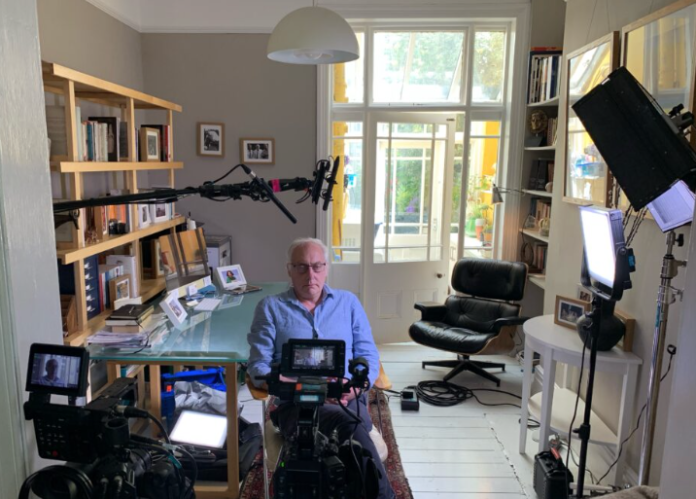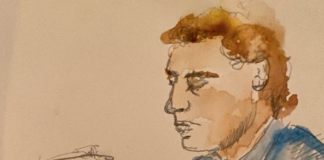- Paper thinner - 22nd January 2026
- Jobs for the boys and girls - 21st January 2026
- Huwge mistake with public money… - 20th January 2026

After describing his early years in journalism during a 40-year career, the importance of experience in the job, and stressing the centrality of the ‘calls’ to emergency services even during holiday periods, here our award-winning Editor offers details about politicians. As the UK General Election (GE) heats up, he emphasises how, even with the current betting scandal, attention should not be drawn away from other important (some highly suspect) ballots around the world.
Politics is a rum game.
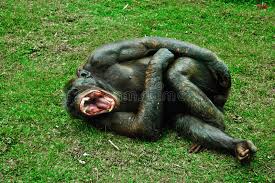
The rules, such as they exist, are flexible it seems, and certain MPs may have broken them by placing bets on the timing of the General Election [GE]).
It is even worse in other elections around the world.
‘Photo-opportunities’ like we have seen here, are not the worst of matters, although they are so cringe-worthy, they often raise a smile.
For example, there has been Rishi Sunak going to a Welsh brewery and asking locals if they were looking forward to a football championship, which Wales hadn’t actually qualified for.
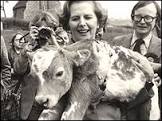
Whatever possessed him to do that?!
In the past we have had Margaret Thatcher cuddling a calf which died shortly afterwards, and enjoyed Gordon Brown being recorded calling one voter a “bigoted woman” for which he later had to apologise, as well as Boris Johnson doing almost anything—though ‘fridgegate’, when he hid in a fridge to avoid being interviewed, was a notable low.
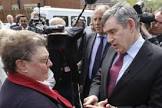
The first election I covered was the 1987 GE when I worked for Cambrian News Agency supplying stories for all the UK newspapers and broadcasters, as an extremely green 22 year old reporter, and even in this there were amusing moments.
The key one concerned the Liberal Party (as they were then called) candidate Michael Butlin.


I always remember he very ostentatiously opened what looked like a bottle of bubbly during the count.
This was highly ironic in the circumstances as he came a distant third!
Events like these, however, are the least of the issues, and attention on what is happening in the UK should not mask what is taking place elsewhere.

In South Africa, for instance, we have witnessed an election which has been described by The Economist as: “…the most important since 1994”.
The ruling African National Congress (ANC) have been riding high since the country was freed from apartheid, and even in the previous 2019 parliamentary election the turnout was 57.5 per cent.
But this time has been different; the party has lost its majority, and a low turnout means they must now share power with a rival, and it may have been caused by there being major concerns among voters.

Corruption is endemic in South Africa, GDP per person is lower than it was in 2008, and the state is becoming ever less effective.
The ANC is an ideological mishmash, a blend of communism, socialism, black nationalism, Christianity and other ideas.
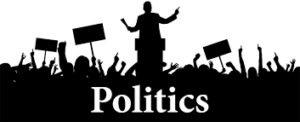
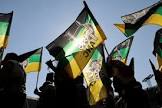
In 1997 South Africa ranked 47th of 123 countries in the Economic Freedom Index (EFI), a ranking by the Fraser Institute (FI), a Canadian think-tank.
By 2021 it had slipped to 94th, just ahead of Nicaragua.
In the institute’s survey of the attractiveness of mining jurisdictions places, South Africa (once the commodities giant of the continent), was in 62nd place out of 86 countries, behind Congo.

The ANC has a long-standing policy of “cadre deployment”, whereby loyalists are appointed to public jobs on the basis of loyalty to the party, not competence.
Billions of rand in emergency spending during the pandemic broke procurement rules, according to the police.
The speaker of parliament resigned after being accused of taking bribes.

Local media report that the police are investigating allegations of corruption against Paul Mashatile, and the ANC leader as well as South Africa president, Cyril Ramaphosa’s deputy and potential successor, (both deny wrongdoing).
Assassination attempts on politicians and officials claimed the lives of 37 people in South Africa last year, declares ACLED, a conflict-monitoring group.

Meanwhile according to one poll, just 10 per cent of South Africans think the government is doing enough to stop graft, down from 25 per cent in 2018.
Mr Ramaphosa’s favourability ratings have fallen from an average of 57 per cent in 2019 to 43 per cent in 2024. This mostly reflects the poor state of the economy, but he has also not properly explained a scandal that broke in 2022, in which hundreds of thousands of dollars that had been discovered stuffed inside a sofa, were stolen from his game farm. The president says he had sold some buffaloes to a Sudanese tycoon.
In India too another very important election has taken place, which has also attracted major concerns, and is the largest-ever vote in history, after lasting 44 days.
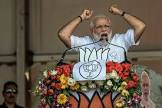
Approximately 970 million people out of a population of 1.4 billion were eligible to vote, equivalent to 70 per cent of the total in the country.
But Narendra Modi’s campaign has used divisive rhetoric in it that has raised questions about his tactics.
He has accused the opposition, led by the Congress party, of appeasing the large Muslim minority community.
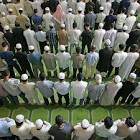
Muslims make up 14 per cent of India’s population, and taking a cue from Mr Modi’s campaign, social media posts by his party (the BJP) have, according to the opposition, “demonised” Muslims.
He told a rally on 21 April that Congress wanted to distribute wealth to “infiltrators” and to “those who have many children”. His remarks were widely seen as referring to Muslims.
At another rally, he warned women that the opposition would confiscate their gold and redistribute it to Muslims.
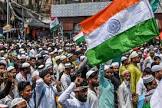
He accused Congress of orchestrating a “vote jihad”, by urging a “certain community” to unite against him.
Mr Modi even said Congress would select the Indian cricket team “on the basis of religion”.
This sort of appalling language seemed not to do any good either, because the BJP did not secure an absolute majority, gaining 240 seats – down from 330 last time.
These politicians are ridiculous – but watch out!

Some of the political stories Phil has covered over the years, as he was gripped by the rare neurological condition Hereditary Spastic Paraplegia (HSP), have been released in a major book ‘A GOOD STORY’. Order it now!
Regrettably publication of another book, however, was refused, because it was to have included names.

Tomorrow – the elections that he has reported on have all been (by and large) CLEAN, but now comes more evidence that in other parts of the world they are not (including in South Africa), and in one of them mobsters were even handing out €50 notes at the polling booth, so that people would vote the ‘right’ way!








